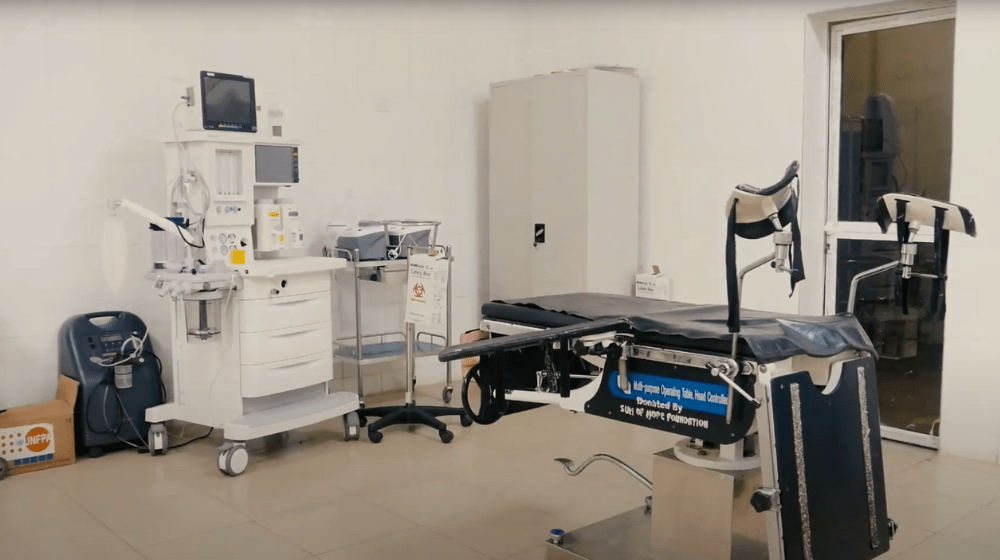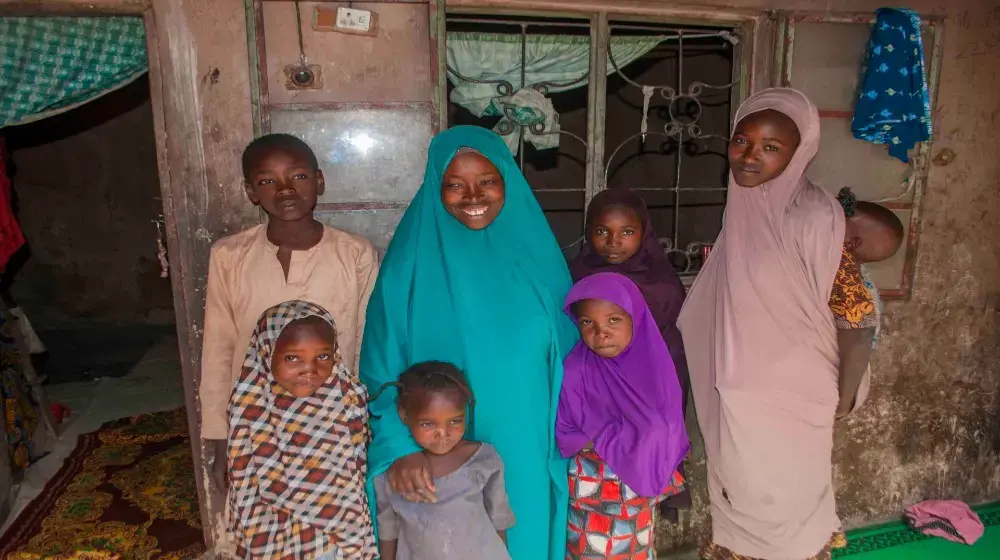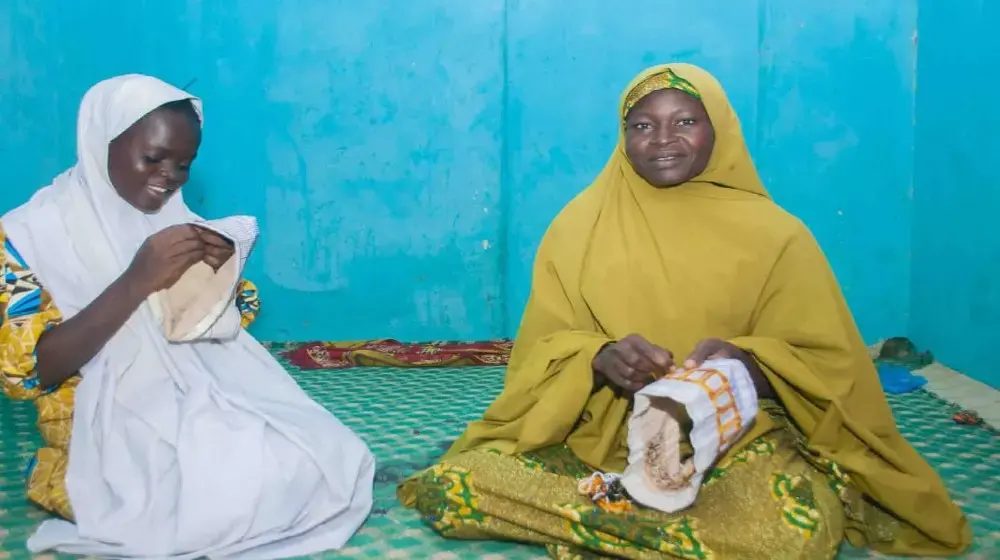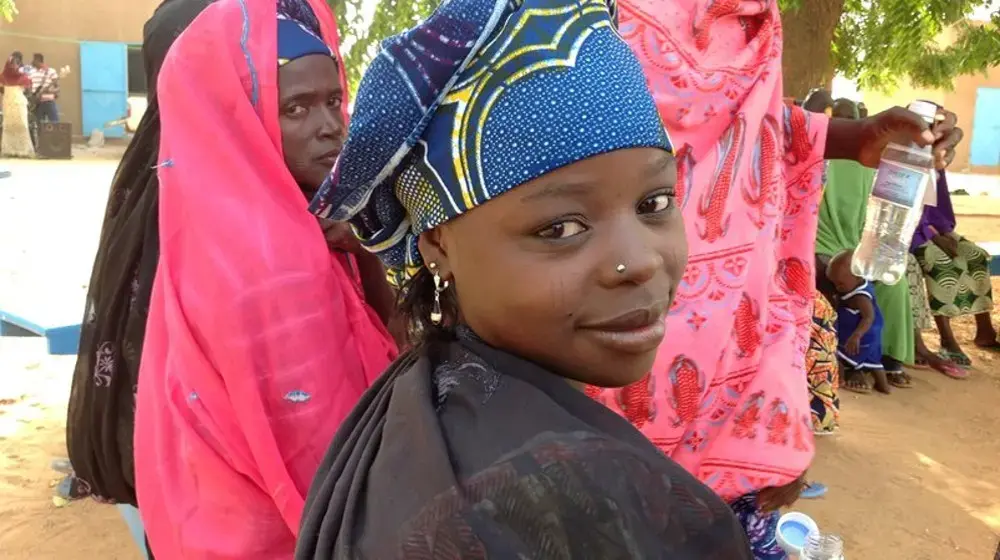Having lived with obstetrics fistula for nine years, Sumayya thought it was normal for a woman to leak urine after birth. She never mentioned it to anybody, and her late husband raised concerns.
In Summayya's village, it was the norm and pride for women to give birth unassisted, a harmful practice that has transcended generations, subjecting women to grim consequences. While obstetric fistula is preventable, the prevalence in Nigeria is 150,000 cases, and the number of new fistula cases is 323,000 annually.
Last month Summaya attended a women's group trained by UNFPA to sensitize women on reproductive health, gender-based violence and the Violence Against Persons Prohibition (VAPP) Act. The discussion approached the consequences of unassisted delivery and its linkage to leaking urine. The new information pushed Summaya to privately meet one of the women to share her experience for the first time in nine years. The worker immediately referred her to the Gamawa General hospital, where they repaired the obstetric fistula, and Summaya had the time to heal from the agony of the past years.
Across the 20 LGAs in Bauchi, 20 women-led groups are conducting community-based dialogue sessions with indigenous groups and through traditional media to provide information on sexual and reproductive health. These groups aim to address negative social norms that fuel harmful practices for women and girls while educating them about women's health and rights.
Also, they use their platforms to advocate for the retention of girls in school and prevent early child and forced marriage alongside conducting referrals for GBV response being part of the LGA GBV response and referral networks.
UNFPA Nigeria works to give women the knowledge and empowerment to live a fulfilled life like Summaya.





